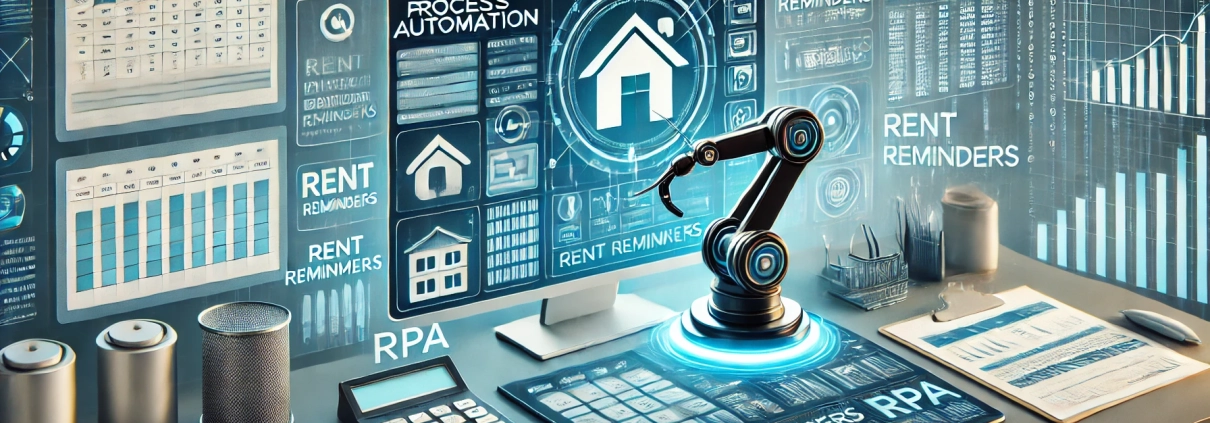Robotic Process Automation (RPA)
The use of software robots to automate rule-based, repetitive tasks by mimicking human interactions with digital systems. Often considered a predecessor to AI Agents, RPA focuses on structured workflows without learning or adapting over time.
Putting RPA in Context:
In CRE, RPA can automate straightforward tasks like entering property data into accounting systems or sending routine rent reminders to tenants. Unlike AI Agents, which can learn, adapt, and make decisions dynamically, RPA operates strictly within predefined parameters. While RPA delivers immediate efficiency for repetitive tasks, its static nature limits its ability to handle complex or evolving processes, paving the way for AI Agents to provide more versatile and intelligent automation.
Frequently Asked Questions about Robotic Process Automation (RPA)
What is Robotic Process Automation (RPA)?
RPA is “the use of software robots to automate rule-based, repetitive tasks by mimicking human interactions with digital systems.” It works within predefined workflows without learning or adapting.
How is RPA used in commercial real estate (CRE)?
In CRE, RPA can automate tasks such as “entering property data into accounting systems or sending routine rent reminders to tenants,” streamlining routine back-office functions.
How does RPA differ from AI Agents?
Unlike AI Agents, RPA “does not learn or adapt over time.” It executes static, rule-based processes, while AI Agents can “learn, adapt, and make decisions dynamically.”
What are the limitations of RPA?
RPA’s “static nature limits its ability to handle complex or evolving processes.” It is effective for repetitive tasks but lacks flexibility and intelligence.
What benefits does RPA provide despite its limitations?
RPA delivers “immediate efficiency for repetitive tasks” by reducing manual workload and increasing consistency in structured processes.
Click here to get this CRE Glossary in an eBook (PDF) format.

